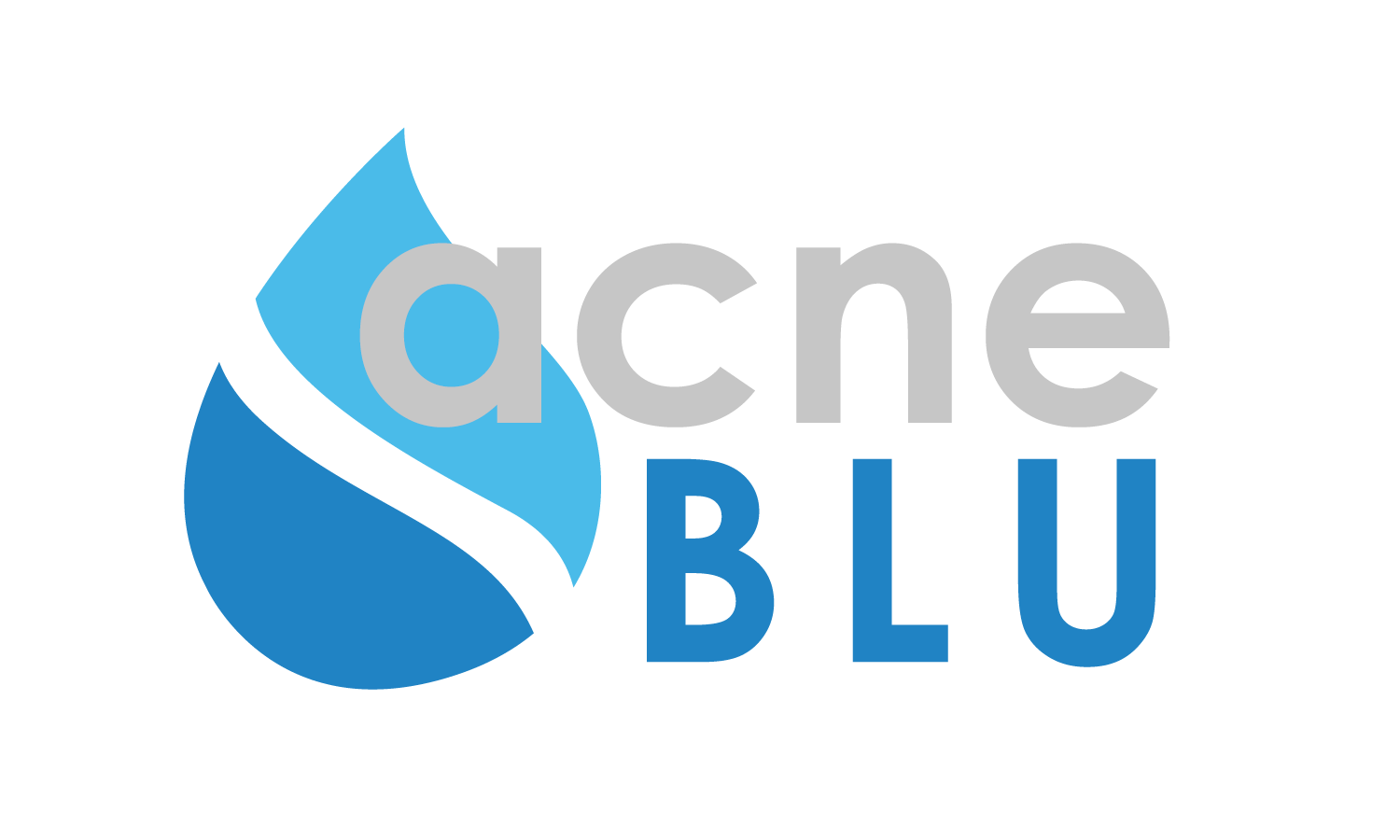2024/04/27 printed from http://dermboard.org All Rights Reserved

What are aphthae (canker sores)?
Aphthae (also called canker sores) are painful oval to round ulcerations in mouth with grayish bottoms. They frequently reoccur during times of stress, some illnesses or without any apparent reason.
What is the cause of aphthae?
The jury is still out, but any stress, injury, illness or some medicines and allergies to foods, mouth washes and even toothpaste ingredients could be the causes, or at least they can make aphthae last longer. Sometimes aphthae could be the sign of a serious problems with your immunity, or could occur with some diseases such as celiac disease (form of intolerance to gluten), ulcerative colitis and Crohn’s disease (both diseases are known as inflammatory bowel disease). Therefore, if you feel ill, tired and you have aphthae, it would be wise to see your health care provider.
How do I know if I have aphthae?
You probably have aphthae, if you develop round to oval grayish painful ulcers in mouth that are less than ¼ of an inch in size. Aphthae heal within 2 weeks without scarring. If these sores occur in clusters on the hard palate, tongue, and tonsils, and the gums, you should be checked for herpes infection (“cold sore†or shingles). Aphthae can occur from once in a lifetime to have at least one sore present at all times, but in different areas (any sore that stays in the same spot for more than 4 weeks should be checked by your health care provider).
When should I see my health care provider for aphthae?
You should see your health care provider to have an initial exam and to have the correct diagnosis. You should report to your health care provider any change in appearance, frequency, duration or any other signs of any disease.
What is the treatment of aphthae?
First we make sure that our patients have aphthae and not some other problem that can mimic them (herpes infections, syphilis, some viral diseases, inflammatory bowel disease etc.). We also get information on any eating habits, or use of mouth washes, toothpastes, chewing gums etc. In addition we check for any other underlying disease such as Behcet’s disease, ulcerative colitis, Crohn’s disease, some medicines, problems with blood cell counts etc. Once we are sure that you have aphthae, we prescribe corticosteroid gels such as fluocinonide 0.05% gel (brand name: Lidex), as well as medicines that anesthetize the sore such as lidocaine 2% gel. Both are started as early as possible after the appearance of sores, and are applied to the ulcer two to four times daily until the ulcer is healed. Another option is amlexanox 5% paste (brand name: Aphthasol), which is applied every six hours for up to 10 days. We rarely needed to use intralesional injections of corticosteroids such as triamcinolone acetonide (brand name: Kenalog). We have also had good results with antibiotic doxycycline, which is taken by mouth. For sores that do not respond to the above treatments, or for those that are severe, we use colchicine or dapsone pills. For the most severe cases we even consider using thalidomide by mouth, but this medication causes birth defects and its distribution in the U.S. is strictly regulated requiring enrolment in the so-called S.T.E.P.S. program.
